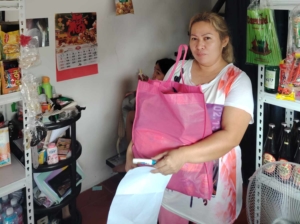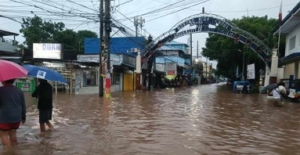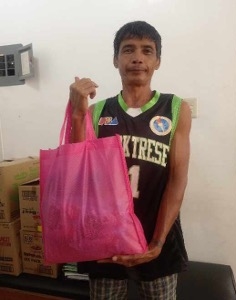
Typhoon Enteng, known internationally as Typhoon Yagi, brought mayhem to part of the Philippines in early September 2024. Heavy rainfall and strong winds across much of Luzon and Eastern Visayas led to extensive flooding, landslides, and power outages. Infrastructure was damaged, transportation was disrupted, and numerous schools and businesses were temporarily closed. According to the National Disaster Risk Reduction and Management Council, the death toll from Yagi reached at least 16, with dozens of people reported missing, while thousands sought refuge in evacuation centers. Flooding in low-lying areas like Metro Manila forced residents to wade through deep waters and brought about a significant cleanup operation following the storm.

Yagi destroyed crops and infrastructure, which added strain to an already challenging year of frequent storms in the Philippines. Once again, the event underscored the vulnerability of communities in typhoon-prone regions and emphasized the importance of resilient infrastructure and disaster preparedness for future severe weather events.
 For clients of ECLOF – people who rely on agriculture or small business – the damage was not just material but a blow to their ability to provide for their families. So ECLOF Philippines stepped forward to support its clients and staff. After a rapid assessment of needs, ECLOF distributed emergency relief packages with food and essential supplies to help families navigate the days following the typhoon. But ECLOF’s efforts went beyond emergency relief. ECLOF understands that clients need time to rebuild their operations to restore their livelihood. ECLOF therefore extended the loan repayment terms for clients affected by the disaster.
For clients of ECLOF – people who rely on agriculture or small business – the damage was not just material but a blow to their ability to provide for their families. So ECLOF Philippines stepped forward to support its clients and staff. After a rapid assessment of needs, ECLOF distributed emergency relief packages with food and essential supplies to help families navigate the days following the typhoon. But ECLOF’s efforts went beyond emergency relief. ECLOF understands that clients need time to rebuild their operations to restore their livelihood. ECLOF therefore extended the loan repayment terms for clients affected by the disaster.
But ECLOF Philippines did not forget about its own family – its dedicated staff: several staff’s homes were destroyed. ECLOF provided materials needed for reconstruction and relief packages.
The road to recovery may be rocky, but by empowering the core of ECLOF – clients and staff – we build the resilience necessary to face disaster and carry on.




